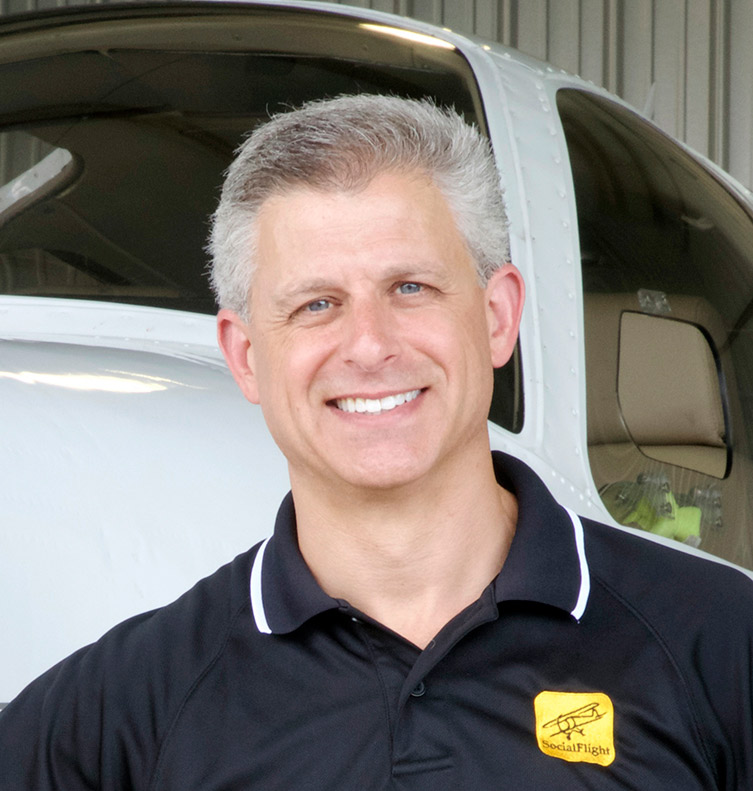Aircraft Maintenance: Practice shop safety like the pros
I recently attended an FAA inspection authorization (IA) renewal seminar that included an impressive presentation on shop safety. I use the word “impressive” because it left a significant impression on me—one that re-dedicated me to improving my own safety practices while working on my Bonanza and building a T–51D Mustang.
This tragic story, along with my own list of minor near-misses and “stupid shop tricks,” made me vow to make some changes in the way I do things. Because our T–51D Mustang build is being filmed and aired on SocialFlight’s YouTube channel, we do our best to make sure we are always using proper eye, ear, and hand protection. When we miss a safety item, viewers are quick to call us out on it, as they should.
I have three “S's” for shop safety: safe shop, safe self, and safe practices.
Safe shop
- Clean and uncluttered workspace
- Proper ventilation
- Quick access to fire extinguisher and first aid supplies (designed to be easily opened in the event of a hand injury)
- Proper tools, in the proper condition, with safeguards in place (avoid chewed up screwdrivers or dull blades)
- Vises, clamps, and other devices to hold work pieces securely (instead of using your hands)
- A way to call for help (cell phone handy and someone who knows where you are and what you’re doing)
Safe self
- Eye protection (goggles when working with fluids)
- Ear protection
- Hand protection (leather when working with metal, nitrile when working with chemicals)
- Foot protection (steel toe shoes when possible)
- Body protection (arms protected, full body coverage when welding, etc.)
Safe practices
- Avoid working alone unless you have no choice (plan for tasks to do alone versus with others nearby).
- No task is too small to skip putting on protection.
- Never drill or cut when you cannot see both of your hands (ask me how I know about this one).
- Never use electric tools around flammable chemicals.
- In the event of a flammable fluid spill, STOP IMMEDIATELY, MOVE AWAY, MAKE A PLAN, THEN ACT.
- Have a plan for each emergency and walk through them (action plan for fire, spills, chemicals in eyes, etc.).
I haven’t always been a good role model when it comes to shop safety, and I have the scars to prove it. However, the lessons I’ve learned personally and from others have given me a new perspective on the importance of making shop safety a top priority. Just taking a few extra minutes to don the proper equipment can make all the difference in the world to your health and your future.
One last note: I can’t stress enough the risks of working alone with power tools and on dangerous tasks. If solo maintenance is a fact of life for you (as it is for many of us), be sure someone else knows what you’re up to and check in with them regularly. It will help protect you from being injured without help. It might also help you avoid a visit from the local police when your fiancée can’t reach you and gets worried that something has happened in the shop…but that’s a story for another day. Until next time, happy flying!


